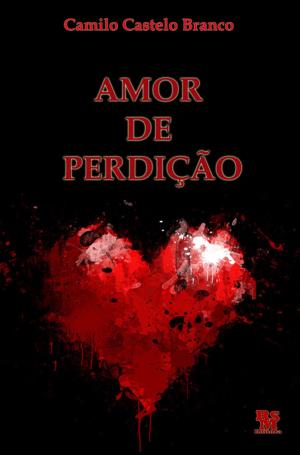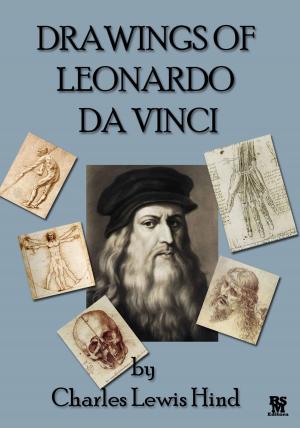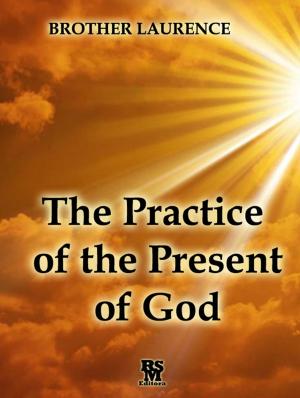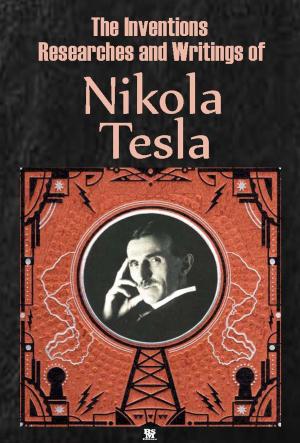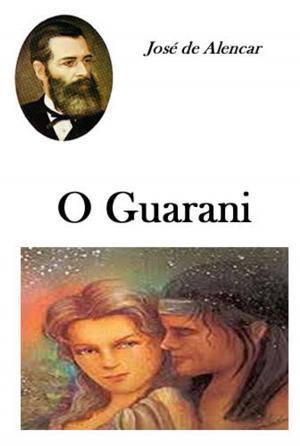Ulisses [Annotated and with active content]
Comics & Graphic Novels, Literary, Romance, Historical, Fiction & Literature| Author: | James Joyce | ISBN: | 1230000729215 |
| Publisher: | RSM | Publication: | October 19, 2015 |
| Imprint: | Language: | English |
| Author: | James Joyce |
| ISBN: | 1230000729215 |
| Publisher: | RSM |
| Publication: | October 19, 2015 |
| Imprint: | |
| Language: | English |
This work contains a complete biography of the author and contains an active content to navigate through the book quickly and easily.
Ulysses is considered to be one of the most important works of modernist literature, and has been called "a demonstration and summation of the entire movement". According to Declan Kiberd, "Before Joyce, no writer of fiction had so foregrounded the process of thinking."However, even proponents of Ulysses such as Anthony Burgess have described the book as "inimitable, and also possibly mad".
Ulysses chronicles the peripatetic appointments and encounters of Leopold Bloom in Dublin in the course of an ordinary day, 16 June 1904. Ulysses is the Latinised name of Odysseus, the hero of Homer's epic poem Odyssey, and the novel establishes a series of parallels between its characters and events and those of the poem (e.g., the correspondence of Leopold Bloom to Odysseus, Molly Bloom to Penelope, and Stephen Dedalus to Telemachus).
Ulysses is approximately 265,000 words in length, uses a lexicon of 30,030 words (including proper names, plurals and various verb tenses),and is divided into eighteen episodes. Since publication, the book has attracted controversy and scrutiny, ranging from early obscenity trials to protracted textual "Joyce Wars." Ulysses' stream-of-consciousness technique, careful structuring, and experimental prose—full of puns, parodies, and allusions, as well as its rich characterisations and broad humour, made the book a highly regarded novel in the Modernist pantheon. In 1998, the American publishing firm Modern Library ranked Ulysses first on its list of the 100 best English-language novels of the 20th century. Joyce fans worldwide now celebrate 16 June as Bloomsday.
This work contains a complete biography of the author and contains an active content to navigate through the book quickly and easily.
Ulysses is considered to be one of the most important works of modernist literature, and has been called "a demonstration and summation of the entire movement". According to Declan Kiberd, "Before Joyce, no writer of fiction had so foregrounded the process of thinking."However, even proponents of Ulysses such as Anthony Burgess have described the book as "inimitable, and also possibly mad".
Ulysses chronicles the peripatetic appointments and encounters of Leopold Bloom in Dublin in the course of an ordinary day, 16 June 1904. Ulysses is the Latinised name of Odysseus, the hero of Homer's epic poem Odyssey, and the novel establishes a series of parallels between its characters and events and those of the poem (e.g., the correspondence of Leopold Bloom to Odysseus, Molly Bloom to Penelope, and Stephen Dedalus to Telemachus).
Ulysses is approximately 265,000 words in length, uses a lexicon of 30,030 words (including proper names, plurals and various verb tenses),and is divided into eighteen episodes. Since publication, the book has attracted controversy and scrutiny, ranging from early obscenity trials to protracted textual "Joyce Wars." Ulysses' stream-of-consciousness technique, careful structuring, and experimental prose—full of puns, parodies, and allusions, as well as its rich characterisations and broad humour, made the book a highly regarded novel in the Modernist pantheon. In 1998, the American publishing firm Modern Library ranked Ulysses first on its list of the 100 best English-language novels of the 20th century. Joyce fans worldwide now celebrate 16 June as Bloomsday.
![Cover of the book Ulisses [Annotated and with active content] by James Joyce, RSM](https://www.kuoky.com/images/2015/october/500x500/1230000729215-QacP_500x.jpg)
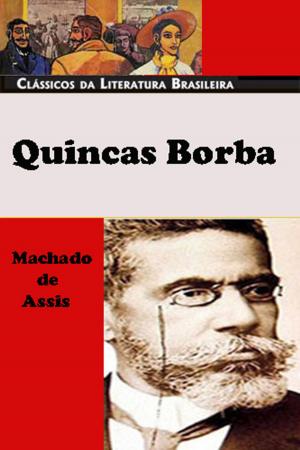
![Cover of the book Principia: The Mathematical Principles of Natural Philosophy [Active Content] by James Joyce](https://www.kuoky.com/images/2015/july/300x300/1230000576420-uRUj_300x.jpg)

